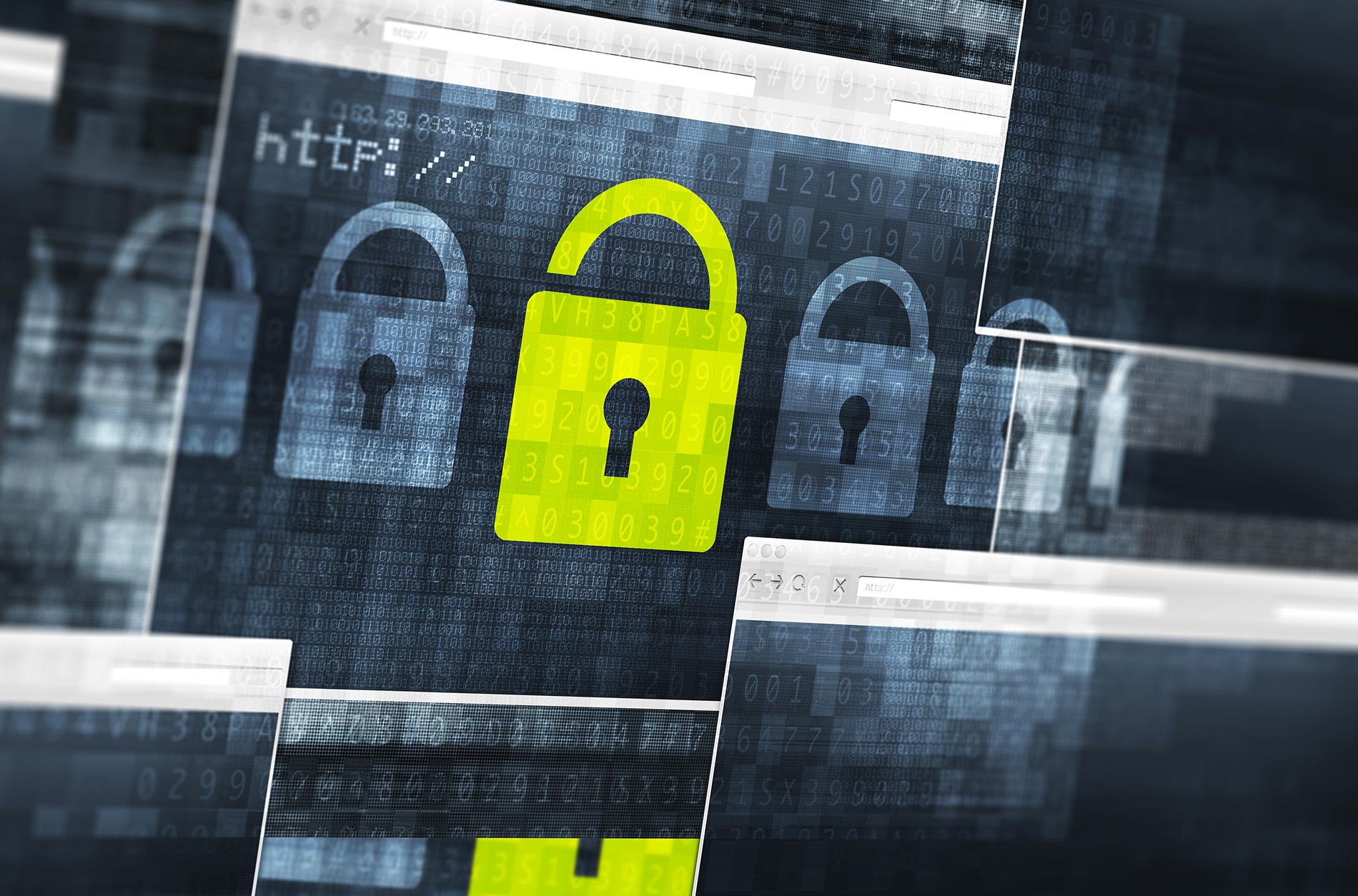
Are you doing regular data backups? You can eliminate a lot of threats by backing up your data. Many companies neglect to back up their data often enough. Unfortunately, many of them have already suffered the consequences. Let’s look at some of the reasons why regular backups are important.
Viruses and Malware Affecting Your Data
Let’s face it. Hackers want your data, and they’ll try as hard as they can to get it. The most dangerous of them all are ransomware hackers. These hackers install malicious code that slowly encrypts your data without your knowledge. They then deny you access to your files until you pay a ransom. Since they have the decryption key, it’s impossible to retrieve your information unless you pay up. Many companies, hospitals, and even law enforcement and sheriff’s offices have been forced to give in — only because they didn’t have a backup of their files on hand.
System Failures
What will you do if your computer, network, server, or system suddenly crashes? This happens all the time, and you’ll need a backup file to restore everything back to normal.
Natural Disasters
Power outages, storms, hurricanes, tornadoes, earthquakes — these are all natural disasters that can ravage your offices and ruin your files. You have no control over these occurrences, so you need to be prepared.
It’s not enough to just back up your data; you need to back it up the right way. One of the wrong ways of backing up is by keeping some sort of connection between your computers and your backup files — if hackers gain access to your computers, they can gain access to your backup files as well. Contact us for professional and automatic backup solutions, so that you can set it and forget it.


